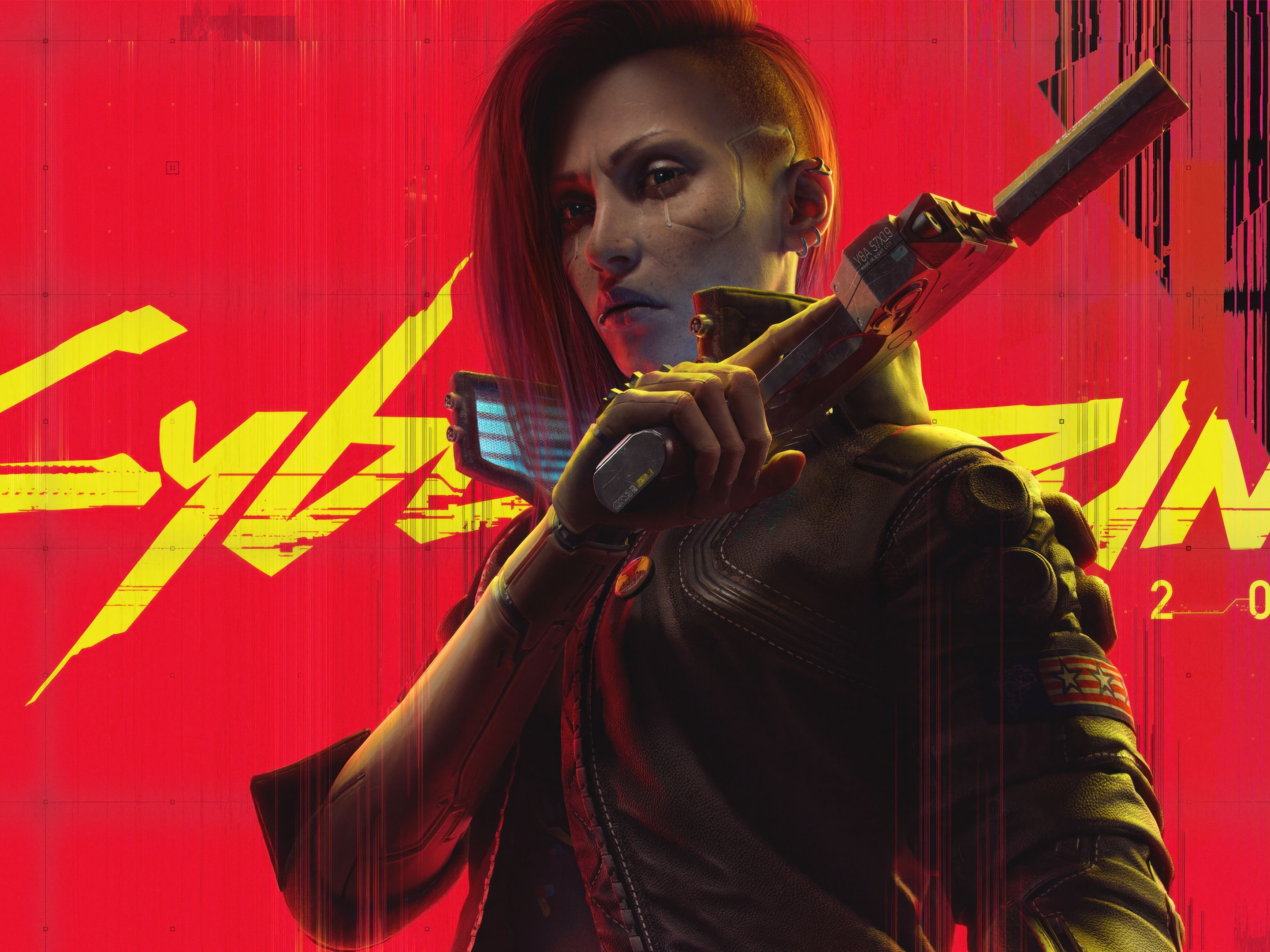The Impact of Mobile Gaming on AAA Game News Trends
The video game industry has long been dominated by the towering presence of AAA titles—big-budget, high-production-value games developed by major studios and heralded as the pinnacle of interactive entertainment. For decades, the discourse around gaming, particularly within news and media outlets, orbited almost exclusively around these releases. The announcement of a new Call of Duty, The Elder Scrolls, or Grand Theft Auto was an event that could define the news cycle for weeks. However, a seismic shift is underway, driven by the relentless rise of mobile gaming. Once dismissed as a casual distraction, mobile gaming has evolved into a cultural and economic juggernaut, fundamentally altering how game news is generated, consumed, and prioritized. Its impact on AAA game news trends is profound, reshaping content strategies, redefining audience engagement, and blurring the very lines that once separated these two segments of the industry.
The most immediate and tangible impact lies in the economic reorientation of the industry. Mobile gaming now accounts for over half of the global games market revenue, a fact that news outlets cannot ignore. This financial dominance has forced a recalibration of editorial priorities. Whereas traditional gaming media might have once dedicated 90% of its coverage to previews, reviews, and developer interviews for upcoming console and PC titles, today’s leading game news websites and influencers must allocate significant bandwidth to the mobile sphere. Announcements for games like Genshin Impact, Honkai: Star Rail, or the latest Monster Hunter mobile adaptation generate traffic and engagement that rival or even surpass those for many AAA console games. Consequently, the news cycle is no longer a linear path from AAA announcement to release; it is a fragmented, multi-platform ecosystem where a major update for a free-to-play mobile game can legitimately compete for headline space with the launch trailer for a blockbuster AAA title.
This economic reality has also spurred a trend of convergence, which in turn becomes a primary driver of news. The once-clear distinction between "mobile games" and "AAA games" is eroding. We are witnessing the "AAA-ification" of mobile games, with titles boasting production values, narrative depth, and cinematic presentation that were once the exclusive domain of consoles. Conversely, we see the "mobile-ification" of AAA studios, who are increasingly adopting business models and design philosophies honed in the mobile space. When a company like Blizzard announces Diablo Immortal, or when Square Enix reveals a mobile-exclusive Final Fantasy title, the news story is no longer just about the game itself; it becomes a meta-commentary on industry trends, business strategies, and the evolving definition of a "core" game. This generates a new genre of analytical news content, focusing on monetization strategies (gacha, battle passes), cross-platform play, and the strategic moves of publishers like Tencent, NetEase, and miHoYo (HoYoverse) as major industry players.
Furthermore, mobile gaming has drastically altered the rhythm and format of game news. AAA game development is traditionally characterized by long, secretive cycles culminating in a major launch event. News follows a predictable pattern: teaser, gameplay reveal, previews, review embargo lift, and post-launch patches. Mobile gaming, with its "games-as-a-service" (GaaS) model, operates on a perpetual news engine. A game like Fortnite (which, while not exclusively mobile, exemplifies the model perfected on the platform) or Genshin Impact generates a constant stream of news through weekly updates, seasonal events, new character banners, and collaborative crossovers. This has trained audiences to expect a continuous feed of fresh content and has compelled news outlets to shift from a project-based coverage model to a service-based one. The pressure to publish daily, even hourly, updates to cater to this demand has elevated the importance of news about updates, leaks, and community events, often at the volume that can overshadow the traditional AAA news cycle.
The very nature of audience engagement, a key metric for news outlets, has been rewritten by mobile platforms. Mobile games thrive on vibrant, deeply engaged communities that form on social media platforms like Twitter, Reddit, and TikTok. News often breaks not from official press releases, but from data miners uncovering assets in a live build or from influencers dissecting the latest patch notes. This has decentralized news creation. Gaming journalists now often act as curators and amplifiers of community-discovered trends rather than sole originators of information. A viral TikTok theory about an upcoming mobile game character or a heated Reddit debate over game balance can become a major news story in its own right. This trend is now bleeding into AAA coverage, where community sentiment and social media buzz are increasingly factored into news narratives, making coverage more reactive and democratized.
However, this shift is not without tension. The influx of mobile-centric news has created a cultural rift within segments of the traditional gaming audience. News about gacha mechanics or a new mobile spin-off of a beloved franchise can be met with skepticism or outright hostility from players who view mobile gaming as a threat to the "purity" of AAA experiences. This places news outlets in a difficult position: they must cover the financially significant mobile trends to remain relevant and attract a broader audience, while also navigating the expectations of their core readership, which may prefer traditional AAA coverage. This balancing act itself becomes a subtle influencer of editorial tone and content strategy.

In conclusion, the impact of mobile gaming on AAA game news trends is all-encompassing. It has broken the AAA industry's monopoly on media attention, forced a structural change in how news is produced and consumed, and fostered a new hybrid model of game development that itself becomes a central topic of news. The conversation is no longer about two separate industries but an increasingly integrated one. Mobile gaming hasn't just earned a seat at the table; it is actively redesigning the table itself, ensuring that the future of game news will be more diverse, more frequent, and more deeply intertwined with the live, service-driven, and community-powered dynamics it helped pioneer. The age of a AAA-only news cycle is over, replaced by a vibrant, chaotic, and multifaceted discourse that reflects the true, platform-agnostic nature of modern gaming.















